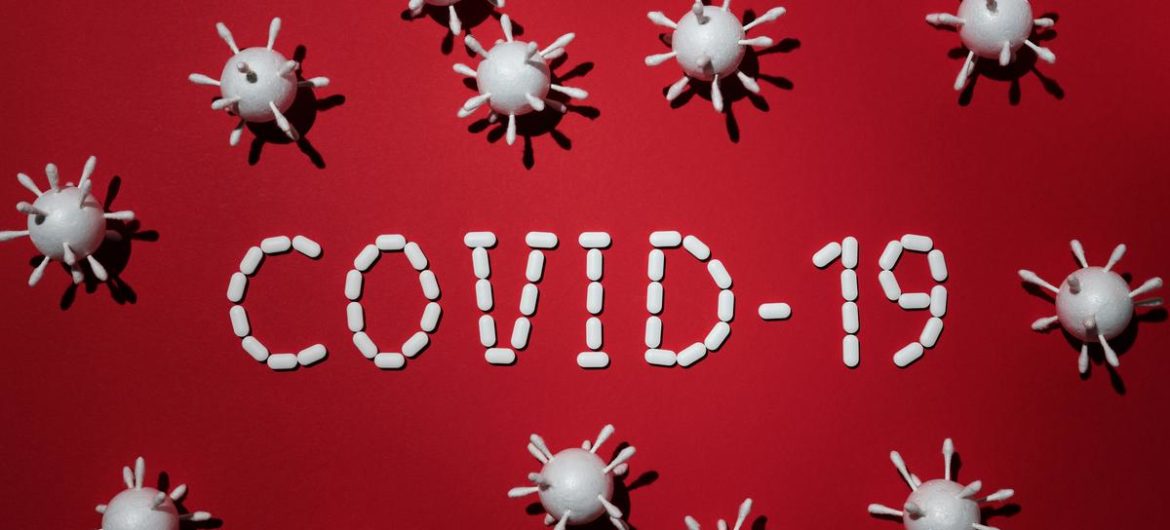Eritrean youth ambassador Medhanie (18) has made it his responsibility to ensure that young people are safe from the Covid-19 pandemic, by sharing information with them and asking them to stay at home.
Medhanie, whose name means ‘a saviour’ in Tigrigna, one of the local languages in Eritrea, is one of many young people who are helping to monitor the movement of people since the national lockdown started in April.
“I get a sense of moral satisfaction from safeguarding my people from an invisible enemy,” he said.

Medhanie is a member of the National Union of Eritrean Youth and Students (NUEYS), which has more than 200,000 members.
Since Eritrea declared a total lockdown, people who were considered by their organisations to be essential staff members were required to hold an official pass, issued by the national task force against the COVID-19 pandemic, to commute to work.
NUEYS has deployed more than a thousand members across the country to monitor people’s movement, create awareness of the coronavirus and provide support to needy community members, with a focus on young people.
So far, their efforts to empower young people with the right information and instil a sense of responsibility in them have contributed to relatively low infection and death rates.
As at June 25, Eritrea had recorded zero COVID-19-related deaths and 149 cases of infection, of which 39 had recovered and been discharged.

NUEYS, in partnership with UNFPA, has used community mobilisation and awareness-raising campaigns to fight HIV and Aids, as well as harmful practices such as child marriage and female genital mutilation (FGM).
Their efforts have contributed to a low national HIV prevalence rate of less than 1%. FGM declined from 95% in 1995 to 76% in 2018. Child marriage dropped from 31% in 1995 to 25% in 2010.




